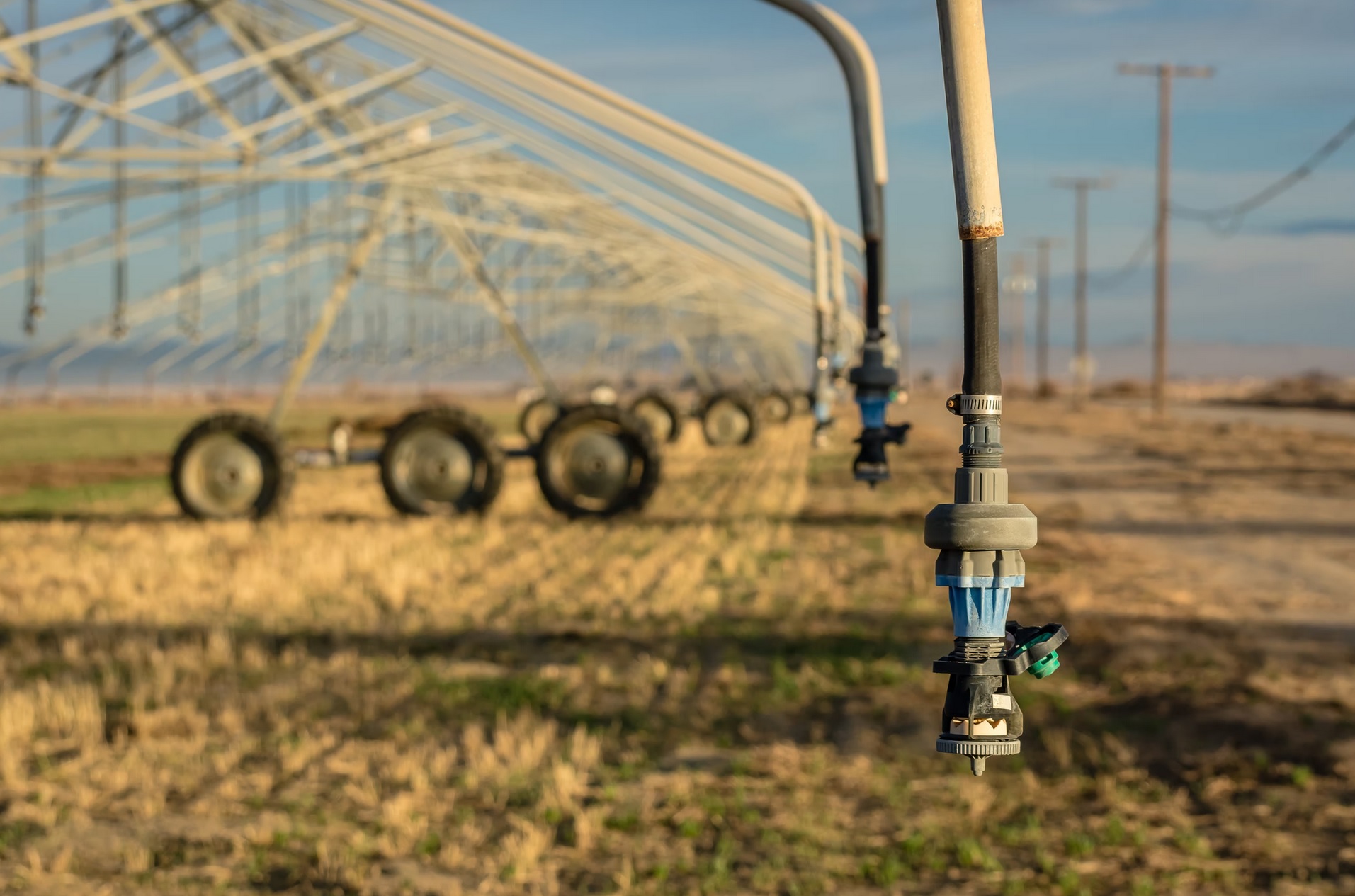 [5]
[5]
Why do I need water rights for irrigation?
BY Oregon State University Extension Office
Many new and beginning farmers as well as long-time land managers are unaware that a legal right is needed to use surface water and groundwater for irrigation of any crops that intended for sale. This includes small-scale production for a farmer’s market or CSA.
There are many demands on Oregon’s water resources, which are publicly owned. Even though water, a stream for example runs through your property, it doesn’t belong to you; it belongs to everyone in Oregon. The same is true with groundwater in aquifers deep in the soil. You may have access to a domestic well but that is intended for home use and a few other exemptions, such as a personal home garden and livestock watering.
If you do not have a permitted irrigation well or designated water rights from surface water, here are ways to legally obtain water for commercial irrigation:
- Capture rainwater from an artificial impervious surface (roof), store it in tanks and use it when needed. Exempt under ORS 537.141
- Haul water in from a legal municipal source, store it in tanks and use it when needed. No water right required.
- Apply for a new Groundwater Permit [6]
- Apply for a right to store water [7] in a pond and then a secondary water right to use the stored water for irrigation
- File a Transfer application [8]
- to move an existing water right to a new property.
The Oregon Water Resources Department (OWRD) regulates water law, including water rights. We recommend contacting your local OWRD Watermaster [9]
if you have specific questions.
In addition, you can access these resources to learn more:
- Overview of water rights and water law in Oregon, refer to the Aqua Book [10].
- Introduction to wells in Oregon, refer to the Water Well Owner’s Handbook [11].
- Research information about wells using the Well Log Query [12]
Identify Water Rights and other information in your area using the Water Right Mapping Tool [13]If you do not have access to irrigation water you can learn more about OSU’s Dry Farming Project. [14]